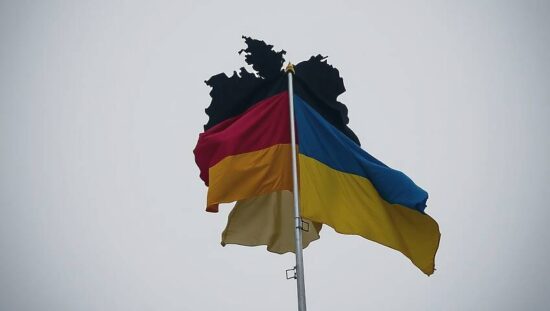According to the Federal Ministry of the Interior, approximately 1.25 million Ukrainian refugees are currently living in Germany, three years after the start of the Russian invasion of Ukraine. Roughly 29% of these individuals are children and young people. Since 2022, more than 511,000 refugees have attended integration courses.
The security situation in Germany is still influenced by the war, the Ministry stated, with ongoing Russian disinformation campaigns in social media and state-backed media, as well as an increased threat of cyberattacks, particularly on critical infrastructure.
Protests related to the war in Ukraine have continued to decline in Germany, with smaller groups of people now participating, whereas in 2022, tens of thousands of people took part in demonstrations. Some extreme right-wing groups, such as “Freies Sachsen” are still using these gatherings for their political purposes, according to the Ministry.
Germany continues to provide comprehensive assistance to Ukraine, including financial, military and logistical support. The German Technical Relief Organization (THW) has organized around 600 aid transports, the largest logistical effort in its history, with generators, vehicles and technical equipment being delivered. Additionally, 1,356 wounded or injured Ukrainians have been medically treated in Germany.
The Federal Criminal Police Office (BKA) has provided defusal equipment and forensic technology, while the Federal Police is supporting the Ukrainian border guard with material deliveries worth approximately 69.4 million euros.
Germany is also engaged in efforts to uncover war crimes, with specialized equipment for forensic investigation and documentation being delivered to Ukraine. Further support from the BKA and Federal Police is planned for 2025, according to the Ministry.





